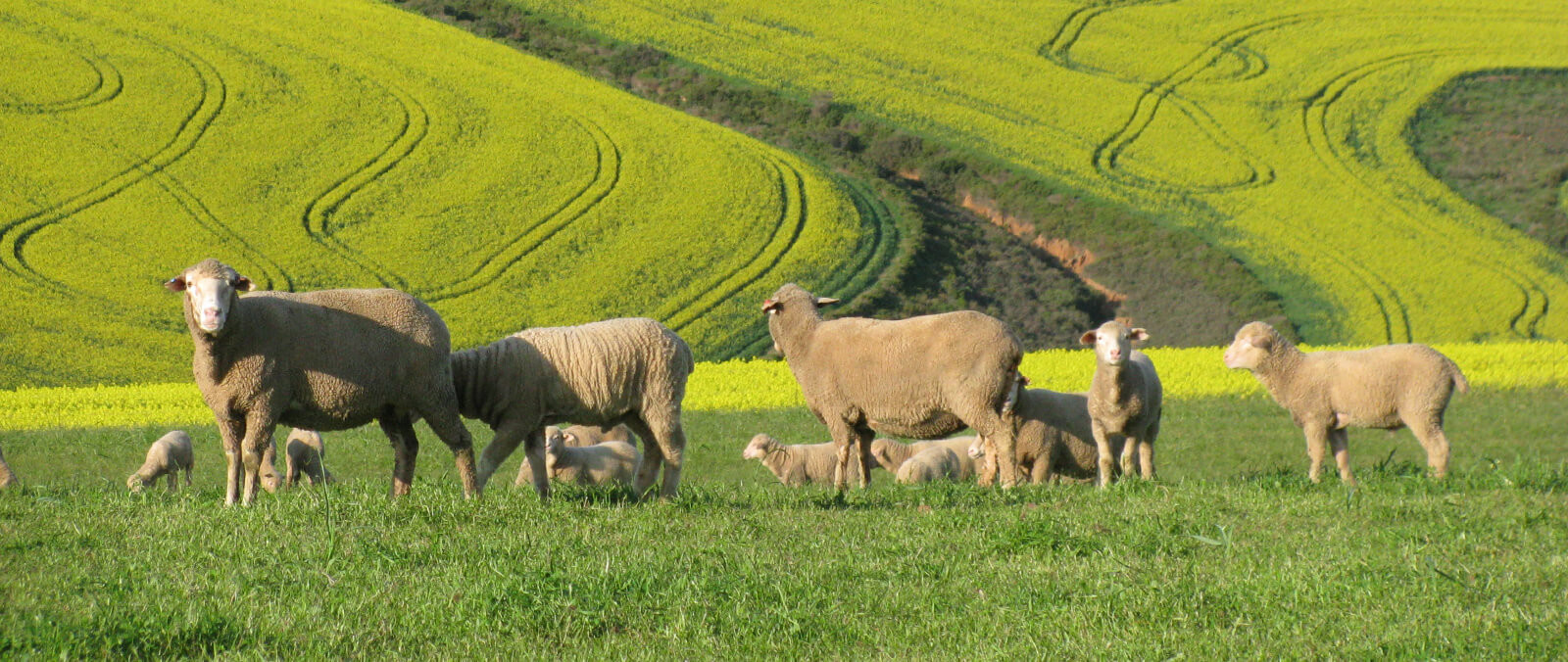

South Africa is a vast and beautiful country with a rich history of sheep and wool farming. This long history has established woolgrowers who have a keen appreciation of how to care for their animals and the environment. As a result, the industry consistently generates a high quality, environmentally sound product for international markets. The first Merino sheep arrived at the Cape in 1789, and the sheep and wool industry on a commercial basis was soon established.
SOUTH AFRICA MERINO WOOL IS GLOBALLY ACCLAIMED FOR EXCEPTIONAL QUALITY APPAREL WOOL AND IS METICULOUSLY CLASSED FOR THE INTERNATIONAL MARKET.
Wool is not a mandatory choice in today’s apparel markets. It competes with other fibers, natural, and synthetic. However, the retail sector is rapidly evolving and issues such as sustainability, animal welfare, ethics and the environment are becoming increasingly important as factors influencing fiber choice when purchasing garments. Traceability and transparency along the value chain are also becoming increasingly important to underpin the story of wool at consumer level.
Traditionally, the marketing of wool at consumer level has mostly concentrated on promoting fiber attributes in the end-product form. As the other issues mentioned gain traction in the marketing and promotion effort, best practice and assurance protocols must be introduced, implemented, maintained and supported by appropriate documented proof or evidence to support the overall marketing and promotion of the wool industry and its products

To enable Cape Wools SA (CWSA) to fulfil its obligations in terms of the strategic functions allocated to it by the Wool Forum, CWSA receives funding from the Wool Trust which, amongst others, also identifies as one of its main objects, to generate income from its capital base to provide funding for “research in connection with the improvement, production, manufacture, processing, storage of marketing of South African wool”.
All projects are managed on contract by the research and development service provider in terms of a generic Research and Development Protocol which specifies intermediate output requirements, milestones and deliverables per project.
The current research and development portfolio reflects a mixture of short- and long-term projects and are focused on Sustainability, Biosecurity, Transformation and Marketing & Communication. These strategic areas have been identified as key in delivering on the objectives of CWSA.
